The region's 2,557 schools had been set to reopen on Monday but access to over half of them, or 57.6 percent, remains difficult because of the snow and ice, the regional government said in a statement.
Clean-up crews will “continue working intensely over the following days” to ensure school can open as planned, it added.
Storm Filomena dumped 50 centimetres (20 inches) of snow on Madrid between last Friday and Saturday, leaving the city and large swathes of the country impassable.
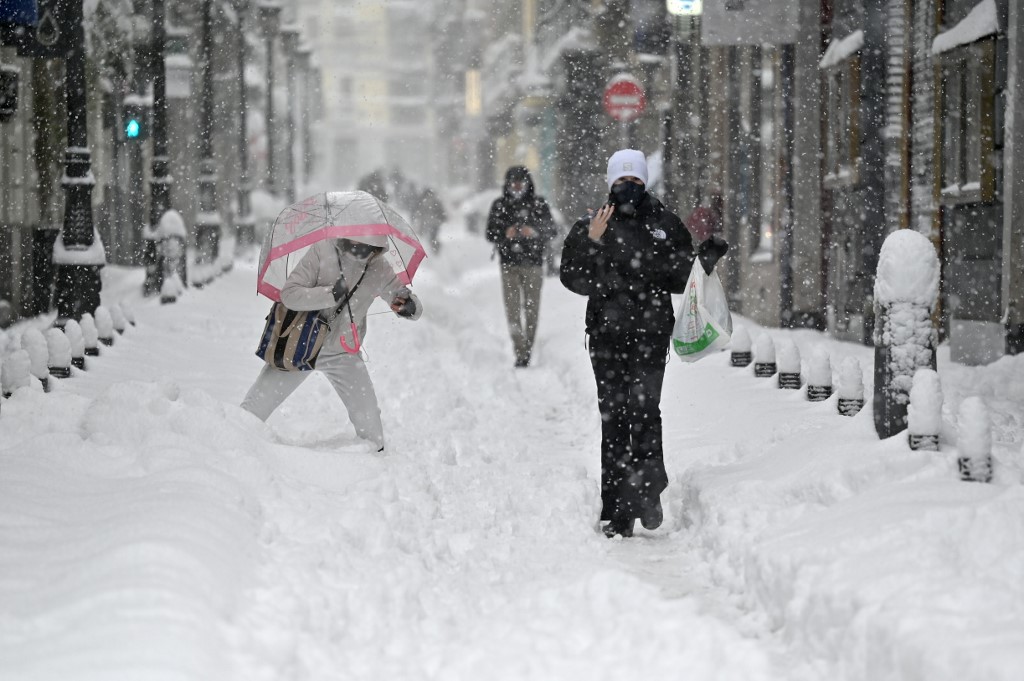
AFP
The storm had been blamed for five deaths. It was followed by several days of plunging temperatures, which hardened mounds of snow and slush.
ANALYSIS: Should Madrid be declared a disaster zone as true cost of storm damage emerges?
While main arteries have been cleared, hundreds of side streets remained caked in snow and ice which has disrupted post delivery and rubbish collection, with huge piles of refuse piled up around overflowing bins across Madrid.
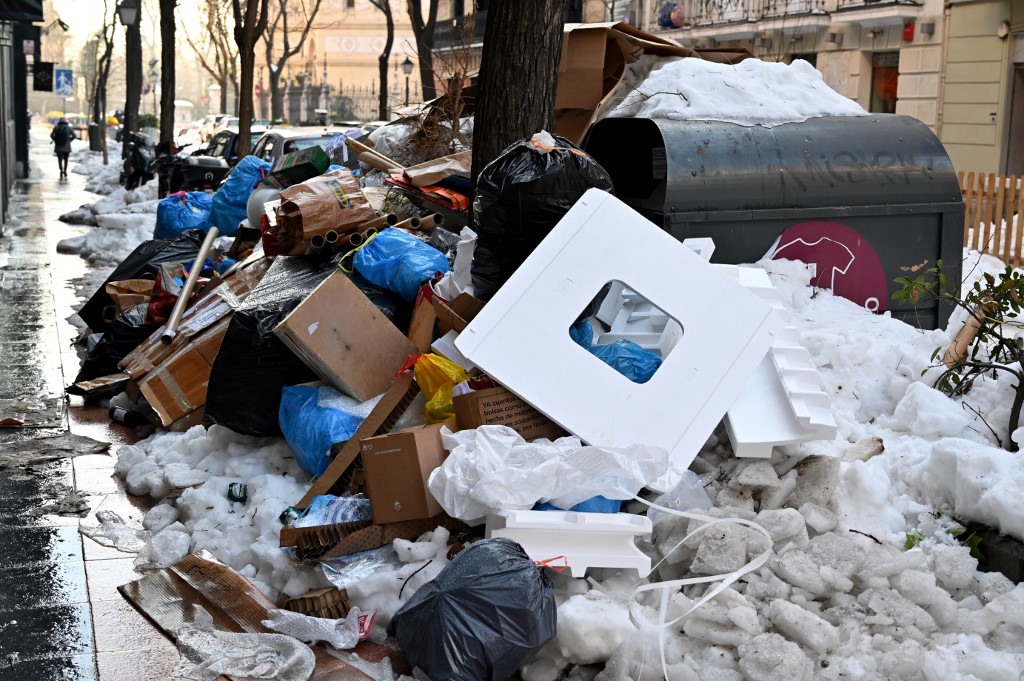
A pile of garbage bags is pictured in Madrid on January 14, 2021. Gabriel BOUYS / AFP
READ ALSO: IN PICS: Spectacular images of snow-covered Spain from the air
About a third of all streets, or 30.3 percent of all streets have been cleared, according to Madrid city hall which estimates the storm caused at least 1.4 billion euros ($1.7 billion) in damage.
Madrid mayor Jose Luis Martinez-Almeida said the storm dumped more than 1.2 million kilos of snow on the city, enough to form a line of trucks stretching from Madrid to Brussels.
He has called on the central government to declare the area a disaster zone, a move that would trigger emergency aid and other measures.
But the central government wants to wait for a final evaluation of the damage before it decides whether to declare Madrid a disaster area, Transport Minister Jose Luis Abalos told reporters.
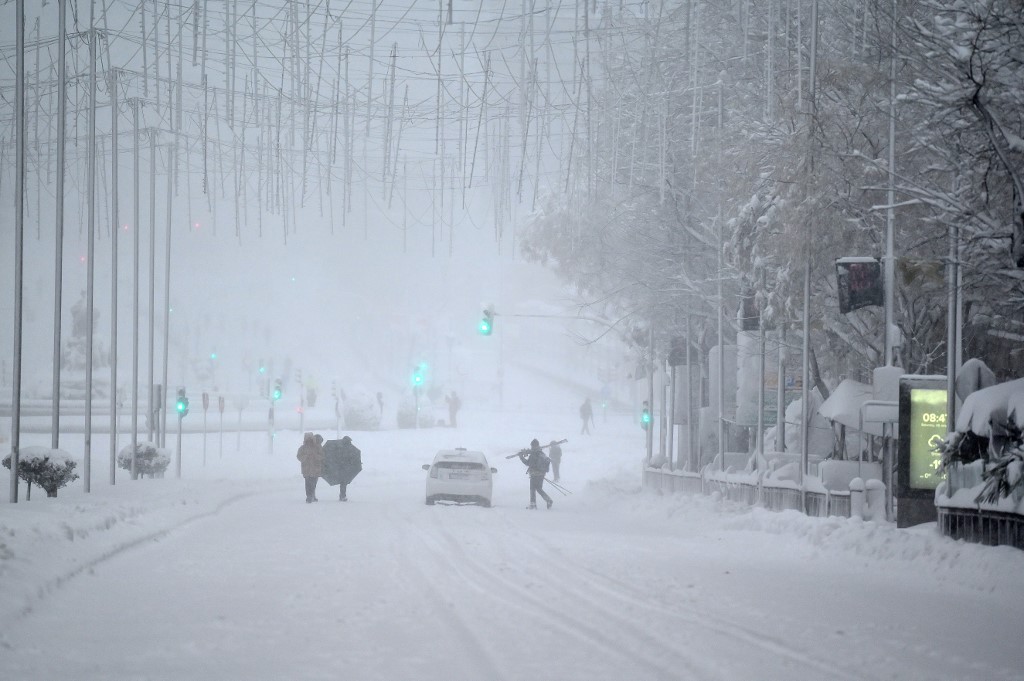
People walk amid a heavy snowfall in Madrid on January 9, 2021. GABRIEL BOUYS / AFP
Meanwhile, Madrid three main art museums — the Prado, the Thyssen-Bornemisza and the Reina Sofia, the home of Picasso's masterpiece “Guernica” — all announced that they would reopen on Monday for the first time since the storm hit.
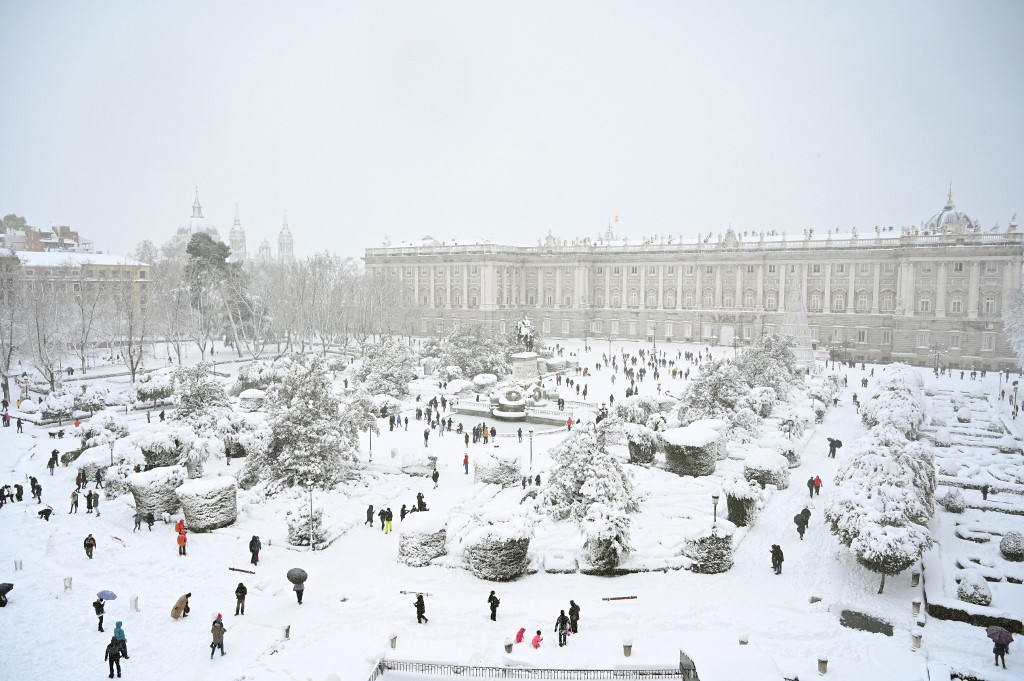
People enjoy the snow outside the Royal Palace in Madrid on January 9, 2021. Gabriel BOUYS / AFP
READ ALSO: LATEST: Big freeze across Spain set to last into next week
READ ALSO: Ten phrases to talk about cold and wet weather like a true Spaniard

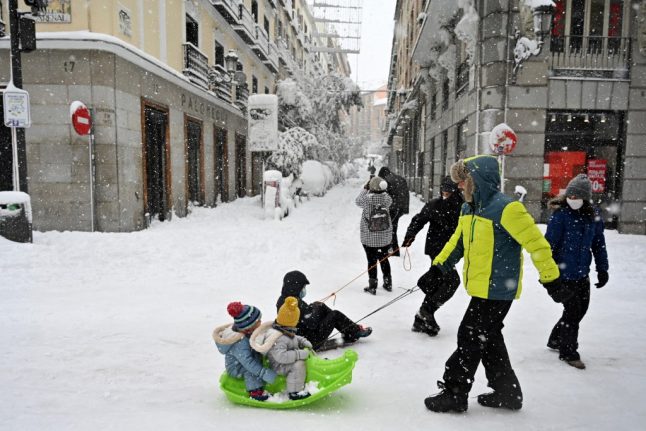
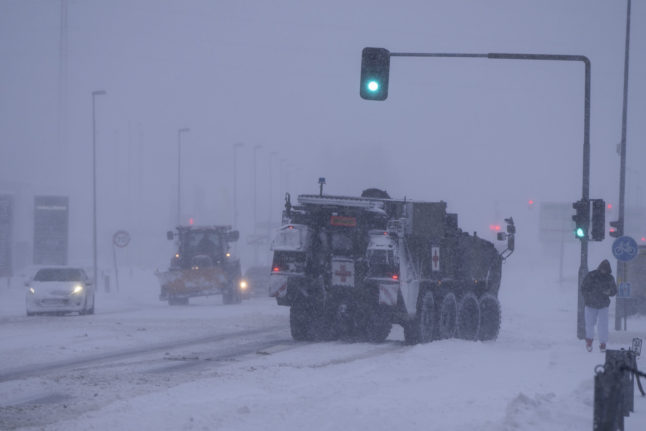
 Please whitelist us to continue reading.
Please whitelist us to continue reading.
Member comments